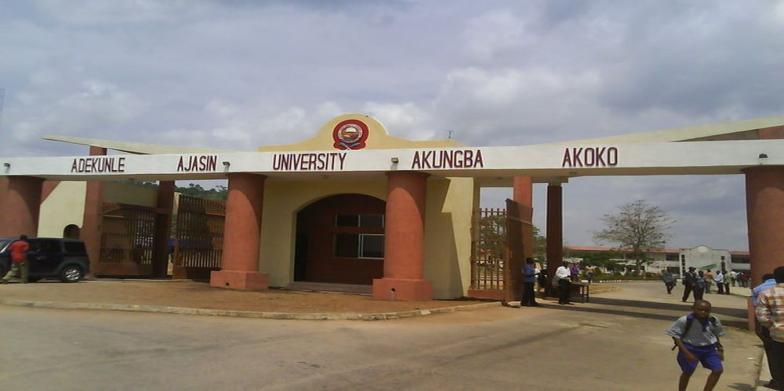Tension is brewing at Adekunle Ajasin University, Akungba-Akoko (AAUA), Ondo State, as students have expressed outrage over the sudden increase in tuition fees announced by the university management ahead of the 2025/2026 academic session. The decision, which affects newly admitted and returning students differently, has sparked widespread criticism, with the Students’ Union Government (SUG) describing the hike as “inconsiderate” and “untimely,” especially given the current economic hardship facing Nigerian families.
Background of the Tuition Hike
AAUA, one of the leading state-owned universities in southwestern Nigeria, recently released a revised academic calendar and tuition fee structure for the new session. While the institution stated that the increment was necessary to sustain academic operations and improve educational facilities, the decision has met stiff resistance from the student body.
For many years, AAUA maintained one of the most affordable tuition rates among public universities in Nigeria, a reputation that endeared it to thousands of students across the country. However, the recent adjustment has disrupted that balance, with reports suggesting that some new students are now expected to pay significantly higher fees than their predecessors.
Students’ Reaction and SUG’s Standpoint
In a strongly worded statement, the Students’ Union Government (SUG) condemned the move, accusing the university management of being insensitive to the financial realities of students and their sponsors. The union emphasized that many AAUA students are self-sponsored or rely on parents who struggle to make ends meet amid inflation and rising living costs.
The SUG leadership urged students not to proceed with registration or payment until further notice, pending the outcome of ongoing engagements with the management. They vowed to use all lawful means to ensure the reversal of what they termed an “unjustified increase.”
According to the union, the hike was introduced without adequate consultation with key stakeholders, particularly the student representatives. They warned that failure to reconsider the decision could lead to mass protest or total shutdown of academic activities.
University Management’s Position
On its part, the university management maintained that the new tuition structure was part of a broader effort to improve service delivery, sustain infrastructure development, and meet the rising cost of running the institution. Officials noted that government subventions alone are no longer sufficient to fund university operations, hence the need for “reasonable adjustments” in tuition.
Additionally, the management announced a comprehensive resumption schedule for both fresh and returning students. According to the academic calendar, the first semester of the 2025/2026 session will span 19 weeks, comprising:
- Two weeks for registration of students
- Twelve weeks for intensive lectures
- One week for revision
- Four weeks for semester examinations
This schedule, however, may face disruption if the current impasse between students and management persists.
Economic Context and Student Hardship
The controversy comes at a time when Nigerian students are grappling with escalating living expenses, transportation costs, and housing challenges. With inflation soaring and unemployment on the rise, many families have found it difficult to support their wards through tertiary education.
For self-funded students, part-time workers, and those relying on limited scholarships or loans, the new tuition policy poses an even greater challenge. The SUG argues that the timing of the increment could push many students out of school, thereby undermining the university’s commitment to inclusive education.
Broader Implications for Nigerian Higher Education
AAUA’s situation reflects a growing trend across Nigeria’s public universities, where funding gaps have led to recurrent fee hikes. Similar controversies have erupted in other state-owned institutions, where students and unions have staged protests against tuition increases.
The development raises broader questions about the sustainability of university funding in Nigeria and the government’s role in ensuring affordable access to higher education. Analysts believe that unless there is a significant improvement in funding models, state universities may continue to rely heavily on tuition adjustments to survive.
Possible Outcomes and Next Steps
As negotiations continue between the SUG and the university management, all eyes are on whether the institution will reconsider or modify its decision. The students’ union has expressed readiness to explore dialogue but insists that the management must prioritize empathy and fairness in its approach.
Observers suggest that a middle ground—such as phased payments, scholarship expansion, or partial reversal—could help de-escalate tensions. The state government may also intervene to prevent the situation from escalating into a full-blown crisis that could disrupt the academic calendar.



